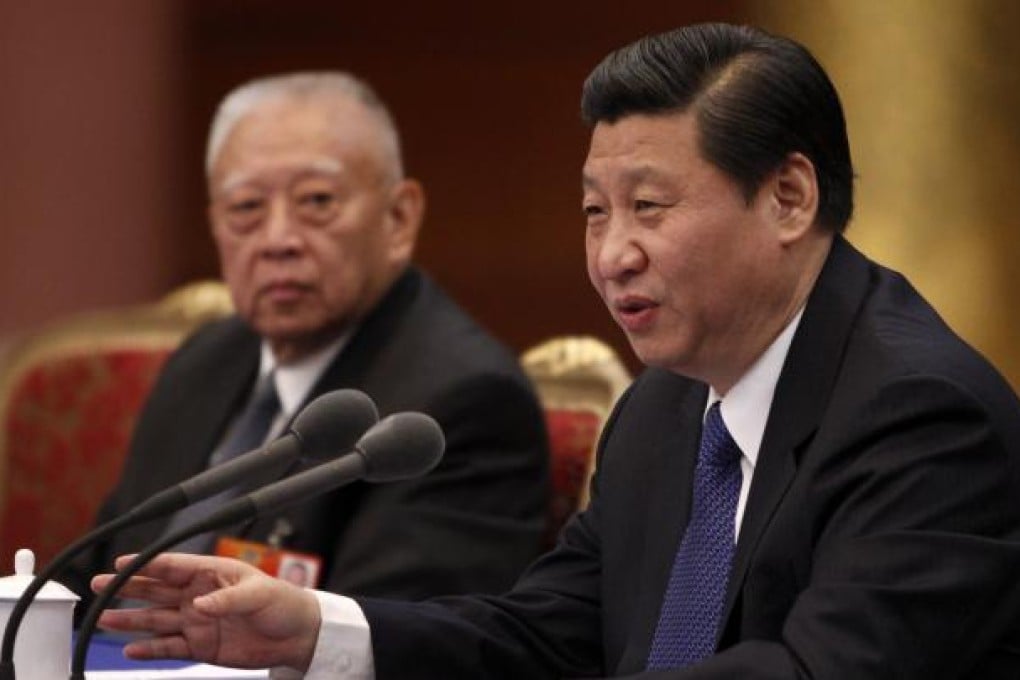China will reshape East Asian politics
Lau Nai-keung explains the factors working in Beijing's favour

When former chief executive Tung Chee-hwa came out to discuss the health of China's leader-in-waiting Xi Jinping, it served as a reminder that the 18th national congress of the Communist Party is drawing near.
Yet for months now on the evening news, though we get several minutes' coverage every day on the US election, this important home event receives little attention on television, either in Chinese or English. This is the Hong Kong-style cosmopolitanism we inherited from the colonial era, which is still going strong 15 years after the handover.
To a lot of people, China is now in a mess both internally and externally, and having a lot of difficulty getting out of it. Some even harbour hopes that it may not, and that its three-decade-long success will soon come to an end, perhaps accompanied by chaos and disaster. Such observations and speculation do not stand up to examination.
Now that the US is facing renewed troubles in the Middle East as a result of an anti-Muslim movie, its Asia strategy is heading towards the dustbin. As a result, the provocative Japanese Prime Minister Yoshihiko Noda will sooner or later have to beat a humble retreat from his aggressive position on the Diaoyu Islands.
The next few years will mark a new era in regional politics in East Asia. China will gradually gain effective control of the disputed islands and Japan will have to fade from the scene, whether it likes it or not.
The South China Sea will no longer be an issue, after China recovers the sovereignty of various rocks and islands one by one, either through peaceful means or by force. But with a tradition of a somewhat benign paternal attitude, China will refrain from bullying its neighbours despite the American absence. Instead, it will continue to push for peace and co-development in the region, if only to distinguish itself from Western hegemony.
With pressure from the US and Japan mitigated and no sustainable threats on the horizon, China's incoming leaders can afford to concentrate their efforts on tackling internal issues. There are several factors working in their favour.